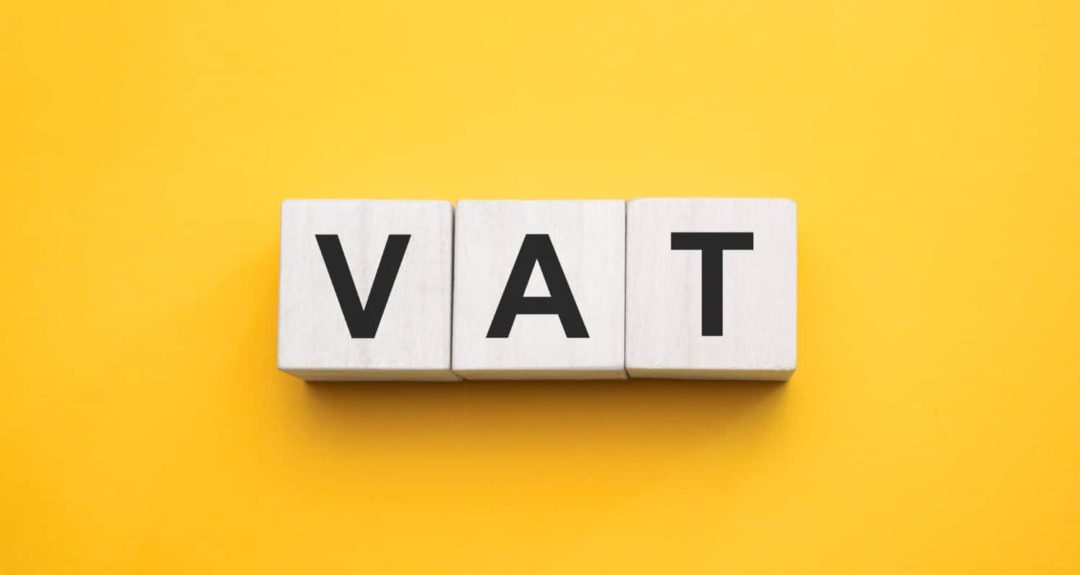The budget has confirmed that HMRC is to introduce a new penalty regime for VAT. The new system will be in place for VAT returns beginning on or after 1 April 2022.
Currently, late submission and payment of VAT returns are penalised by a single default surcharge. For the first default businesses receive a surcharge liability notice which acts as a warning. Subsequent defaults are surcharged at 2%, 5%, 10%, and a maximum of 15% of the tax owed. The surcharge is imposed at a fixed amount for a late filing – it currently does not increase according to how late the submission is, and no interest is charged on late payments.
Current default interest charges can result in unexpectantly large fines for those who submit and/or pay just a few days late.
New Regime – This will impose up to 4 different penalties parallel charges on businesses that do not submit and/or pay their returns on time.
- Late submission penalty – HMRC will issue a single penalty point for late submission of a VAT return and once a business has exceeded a points threshold for multiple missed returns, a flat penalty of £200 will be charged.
- Late payment penalties – this is a two-part penalty. The first charge will be imposed at 2% of the outstanding tax if the tax due on a return remains unpaid after 15 days after its due date. After 30 days the penalty increases to 4%.
- The second late payment penalty is a daily penalty (set at 4% per year of the tax still outstanding at that point), starting from 31 days after its due date until the business pays the tax that is due.
- Late payment interest – is calculated at 2.5% above the Bank of England rate and will be payable on tax outstanding after the due date for the VAT return. Where a payment is made after the due date, late payment interest will be payable from the due date until the date full payment of that tax is received by HMRC.
This new system appears fairer and although it is complicated, businesses who might occasionally submit and/or pay their VAT return less than 15 days late (for example, because of an administrative or bank error or a short cashflow-related delay) will benefit as they will only pay relatively small amounts of penalties and interest.
However, should a business fail to submit their VAT returns on time and are frequently more than 30 days late paying any VAT owed, they may find themselves in a situation with various penalties to pay.
Related articles
Spring Budget 2024 Summary
Spring Budget 2024 Summary Chancellor Jeremy Hunt delivered his ‘Budget for Long Term Growth’ on Wednesday 6 March 2024. His speech promised ‘more investment, more jobs, better public services and lower taxes’. Lowering taxes The Chancellor made further changes to...
Spring Budget 2024 – Key Tax Announcements
Today, Chancellor Jeremy Hunt announced his 2024 Spring Budget where he summarised the UK economic performance and announced his proposals for tax. We highlight below some of the key tax changes announced. National Insurance Contributions cut From April 2024,...
Tax Rates and Allowances 2023/24
Introduction We have summarised the key rates and allowances which are fundamental to our business and personal lives. We are sure that you will find them a useful point of reference and have set out below a few examples of how they can be used. Personal tax rates As...





